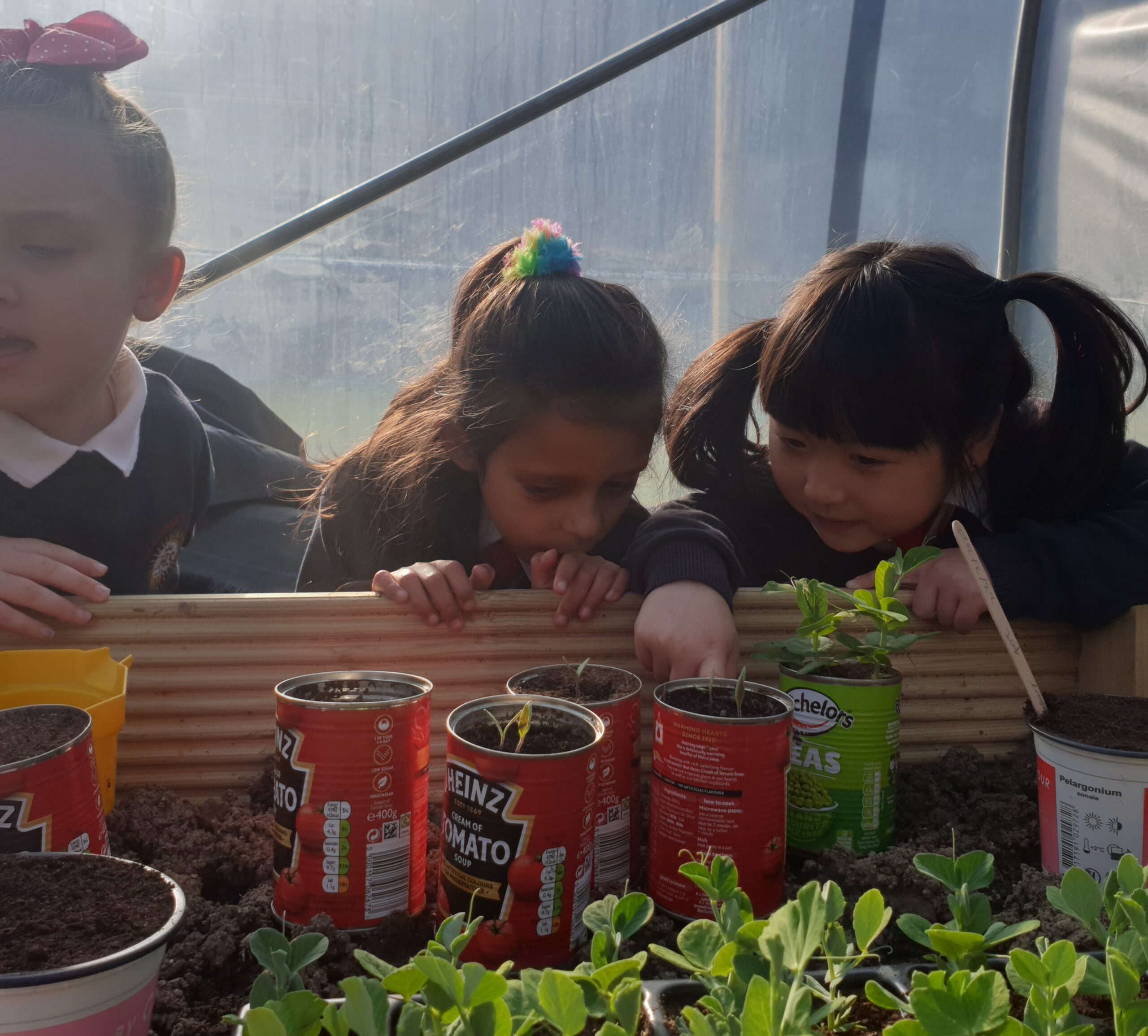
“We must treat the Earth like we do our family and friends, and give it the right to be treated with kindness and respect”
The second of two youth biodiversity citizens’ assemblies concluded in Killarney last weekend. This collection of young people gathered together to consider how we should move forward in the biodiversity crisis. This crisis, which in reality is the 6th Mass Extinction, impacts almost every aspect of our lives, whether we notice or not. It is genuinely heartening that young people were able to express what biodiversity means to them and share their ideas about what we should do to reverse the trend. It would be a mistake however to assume that this level of engagement with healthy functioning ecosystems is the norm.
Access to nature
Experiencing biodiversity and spending time in green spaces is a vitally important part of our wellbeing. Spending time in a forest can reduce anxiety, playing out doors among biodiversity fills spaces improves our creativity and enhances our immune system. This is to say nothing about the more ‘tangible’ services that biodiversity provides us such as clean water, air and our food, or the intrinsic value that biodiversity has regardless of our use of it. As our biodiversity is collapsing around us, so too is our – and especially young peoples’ – engagement with it. While this should be shocking, it is unfortunately a predictable outcome of the situation we find ourselves in.
The first reason is simple – there is an ever decreasing number of other species surrounding us and there are simply fewer places in which we can experience biodiversity in Ireland. Small pockets of biodiversity are being continuously erased in the name of agricultural improvement, flood management and development. The erasure of biodiversity makes all of our lives poorer. The failure to cherish these spaces for their contribution in making our environments pleasant to live in, as well as recognising their potential for nature-based solutions is gut wrenching for those who know their value but feel powerless to protect it. A visceral example of this occurred in February of this year when the cries of the school children trying to protect a majestic tree, home to a bird of prey, fell on deaf ears. The most tragic part of this incident is that students entering the school for the first time this year will never have experienced this magnificent tree nor the species which inhabited it. The older and more established a habitat is, the more precious it is. But when it is gone, the memory fades, depriving our young people of the chance to experience what we were fortunate enough to. While there are some rays of hope that biodiverse lands will be valued and protected, recovering what is lost will take effort, commitment and investment.
The second reason is a little more abstract but is no less important. A big take-away from the youth council was the urge for more time spent outdoors exploring. This should not seem like a big ask but it goes straight to the core of another area where JCFJ campaigns. The automobile is a large part of the reason children spend less time outdoors. How many times do parents or adults minding kids have to warn kids to not cross the road, to stay in the garden? How many kids are unable to cycle beyond the boundaries of their home to explore beyond their immediate environment, because 80 or 100km roads with no footpaths prioritise speed and cars over the people that live in the community? How many housing estates in urban areas have no green space for kids to explore safely, while it seems every house has in excess of two car parking spaces? Our priorities expose what we value and when we fail to value biodiversity and our access to it, then we all suffer.
In urban areas, the lack of biodiversity and good quality green spaces makes access even more difficult. Large parts of our cities are devoid of nature and biodiversity. This was most evident during the first Lockdown in 2020 when people were limited to a 2km radius from their homes in which they could roam. For those lucky enough to have gardens or live close to parks this restriction was somewhat ameliorated, however for some in city centres the lack of green space could be keenly felt.
Integral ecology approach
In a society where there are so many issues we do not have the luxury to tackle them one at a time. The only way change will happen is if we approach them through an integral ecology lens. As Pope Francis has put it: “The human environment and the natural environment deteriorate together; we cannot adequately combat environmental degradation unless we attend to causes related to human and social degradation.” (LS48) The pressures of these crises are interlinked and woven together so that sometimes they are indistinguishable. While this makes understanding them complex it also means that solutions can also overlap. Removing space for cars – is the same as – making space for biodiversity. Creating an engaging and safe environment for children means we need to create spaces filled with biodiversity where they have independence to roam. As we urgently consider how we tackle the ecological crises that are in progress we need to always remember to treat the earth like our families and friends – with kindness and respect.

